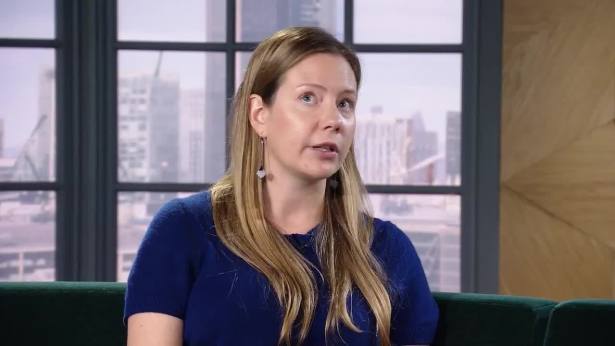
The use of revenue reserves by investment trusts could help investors seeking to strengthen their income portfolio amid the financial crisis brought on by coronavirus, according to Graham Spooner, an investment research analyst at The Share Centre.
Mr Spooner said: “They have something called revenue reserve, whereby in good time, they stash away a bit of cash, so they can use it in bad times or difficult times.
“A number of investment trusts and investors can easily find out about this, because they come out with monthly fact sheets and a number of them have been coming out with AGM statements and some have said they will definitely use revenue reserves.
“The negative is they are UK-focused and a number of the companies they have invested in would have cut dividends, but the board has said they will almost use revenue reserves to try and get them through the difficult period and to try and maintain the dividends.”
It is now estimated that cuts to dividends globally could amount to somewhere between 15 per cent and 33 per cent.
In the UK the fall could be as much as 50 per cent, in a worst case scenario.
In a recent note by Kate Marshall, a senior investment analyst at Hargreaves Lansdown, said although both investment trusts and open-ended funds (unit trusts and Oeics) invested in a spread of companies that might pay dividends to shareholders, there were some important differences that have helped many investment trusts maintain a ‘rising and sustainable income’ over the long run.
As explained by Ms Marshall, the income paid by open-ended funds is directly linked to the income generated by their underlying investments.
Retaining income
But investment trusts have the ability to retain some of this income.
This means it can be paid out when we hit more challenging market conditions and it becomes harder for companies to generate cash and pay dividends.
She added: “Take the aftermath of the 2008 financial crisis – despite sharp falls in income, 11 out of 14 UK equity income investment trusts still increased dividends. And the only dividend cut was one of 7 per cent.
“Since then, many investment trusts have put some dividends aside for a rainy day.
"This is also known as a trust's 'revenue reserve'.
"Investment trusts can hold back up to 15 per cent of their income in good years so they can top up dividends paid to investors in the bad years. This ability to retain income and 'smooth' dividends is a real advantage."
But as Ms Marshall pointed out; the ability to continue to pay and grow income depends on each trust's level of dividend cover and the reserves available to pay out as dividends.
“In reality it's impossible to know the full extent of the impact of Covid-19 on company dividends.
“But investment trust boards are now faced with the decision to use revenue reserves to cover any dividend shortfall.







